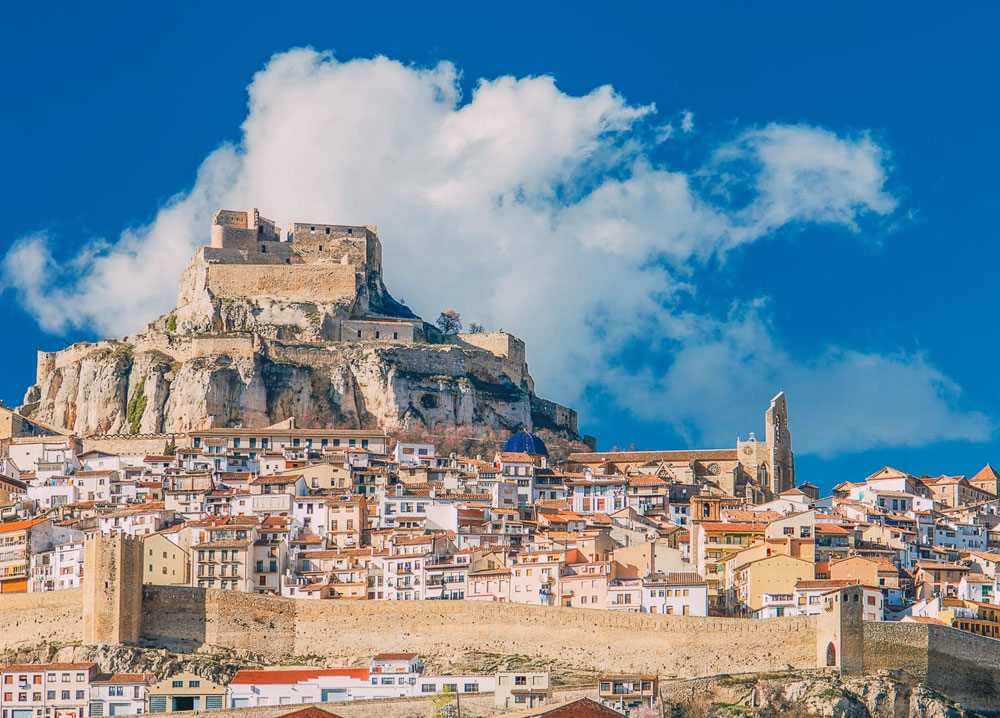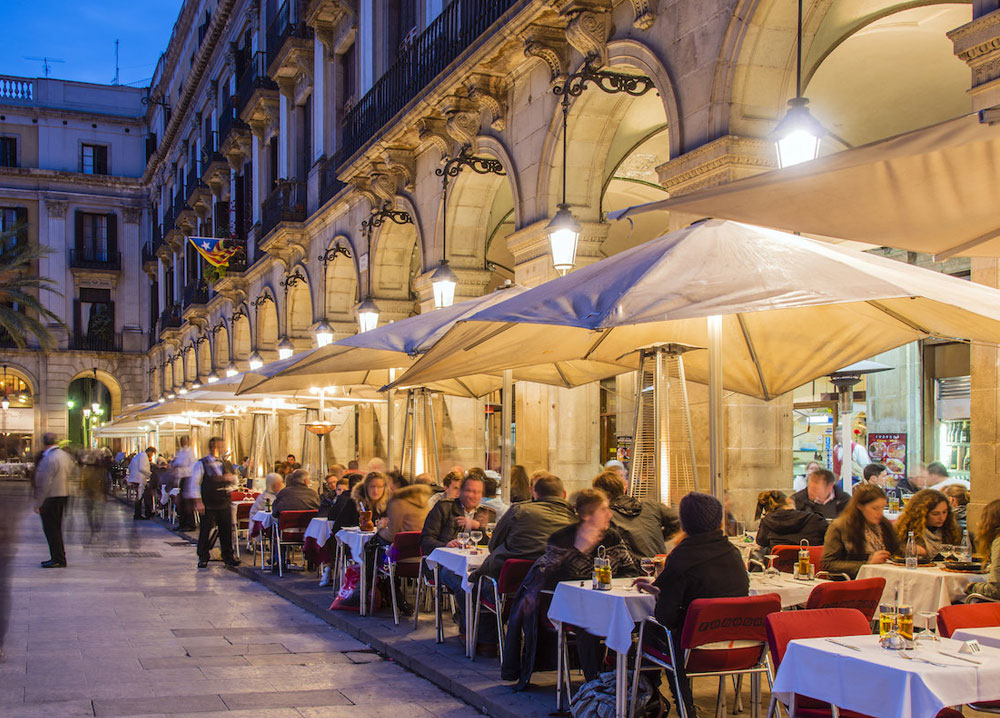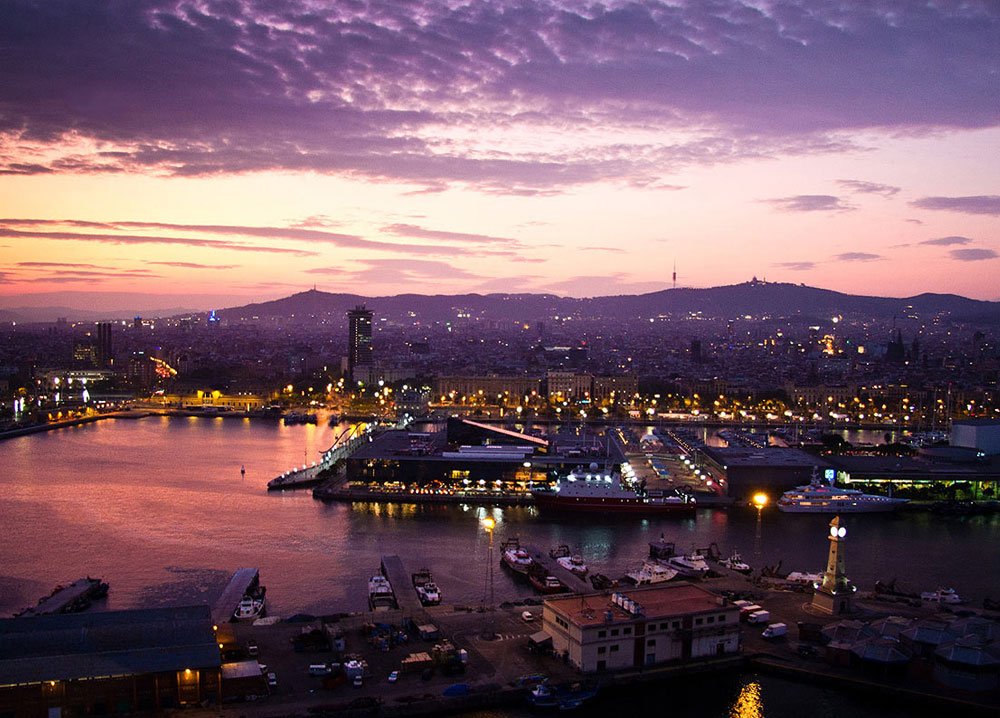7 Things That Will Surprise First-Time Visitors to Spain

But Spain is a land of so much more, many of which will surprise the first-time visitor. Here are seven ofthe most surprising things about Spain.

1. The Spanish don’t speak Spanish
In Catalonia you are more likely to hear Catalan and Aranese, a variety of Gascon, which is itself a variety of the Occitan language, while in the Basque Country and northern Navarre, you will most definitely hear Basque spoken.
Catalan will also be spoken in the Balearic Islands and some areas of La Franja, while Valencian will be used amongst those in the Valencian Community and the Murcia. And even when you are hearing Spanish, it may be a localised Spanish dialect such as Fala, Cantabiran, Extremaduran or Eonavian.

2. Every region could be a country of their own
Regardless of what you are looking for, one of Spain’s incredibly varied regions will have it.

3. Spanish food is more than just tapas, and it is amazing
When it comes to Spanish food, many travellers have only experienced the standard tapas fare of >patatas bravas >and chorizo. While this may have been enjoyable, Spanish food, other than tapas is not very well known outside of Spain. But travellers to Spain will find there is so much more to it.
Spanish food is among some of the world’s best – rich, moreish and extremely delectable, rivaling any other country in the world. In fact, the number one restaurant in the world, El Celler de Can Roca, is in Spain, and the food offered in its airy dining room runs from frozen olives picked from a bonsai olive tree growing onsite, to freeze dried oyster shells with oyster tartare.
Each region will also have its specialties. Some of theseincludetortilla Espanola, a thick, buttered omelette with potatoes, Andalusion gazpacho, a refreshing tomato and cucumber soup and gambas ajillo, or simple, fresh garlic prawns dotted with olive oil and chilli flakes. In Spain, you will eat well, and hopefully, often.

4. Late dinners are the norm
In the city of Madrid, take a walk around the cobbled streets of the La Latina neighbourhood and you will see cafes and restaurants crowded with people enjoying plates of gambas al ajillo or cocido Madrileño (a hearty chickpea, pork and chorizo stew). Friends often meet up at 10.30pm to have a drink or watch a show (primetime television starts at 10.30pm). It is a different way of life, but one that is worth embracing while visiting Spain.

5. Entire families (even kids!) embrace the late night schedule
Because of this, kids are welcome pretty much everywhere in Spain. It is absolutely acceptable to bring your baby into a bar, hang out at local festivals into the late hours with your children in tow or have dinner with a group of friends and their children long past 10pm. While this might seem strange to parents in other countries, the Spanish don’t have a habit of seeking out adult time or calling a babysitter. Instead, the kids come along while the parents enjoy a drink or dinner with friends, and it’s not unusual to find young children curled up fast asleep in a noisy bar or restaurant.

6. Taking it easy
In Australia people are often encouraged to be busy. We wear our busyness like a badge of pride – the more we can do in a day, the better. This leads to rushing here and there, eating on the go and telling our friends that perhaps we might have time to catch up ‘when things slow down’.
But this is not the way in Spain. Instead, the Spanish have a saying, ‘Porque no hay prisa’ – because there is no rush – and when in Spain it is wonderful to adopt this relaxed, contemplative attitude. The Spanish love to slowly stroll down the street. They bask in the sunlight, greet people passing by and watch the world around them. They are never too busy to stop for a chat with a friend, old or new. It’s a wonderful change from the frantic pace of other travel destinations.
So whether you’re 18 or 80, give yourself time and take it slow. Enjoy the journey as the Spanish do – taking each day one slow step at a time.

7. Soccer is everything
This is probably not a complete surprise, even if you have not travelled to Spain yourself. In fact, most travellers are well aware of the intense popularity of futból (soccer) in Spain. But what first-time visitors will be surprised by is the fact that soccer can affect the daily life of the locals in unfathomable and inexplicable ways. In fact, the entire country comes to a halt when there is an important game on.
Speak to almost any Spaniard and they will be able to tell you the names of all the starters and the match schedule of their favourite team. Almost every year one or two different soccer clubs emerge. And soccer takes up about 80% of the sports news broadcast on the television. It is truly an all-encompassing sport.
To witness this phenomenon first hand find any bar (yes, any bar) on game day in any Spanish city (yes, any city) and you will be awestruck by the commitment Spaniards have towards the game of soccer.
If you’d like more travel information, please don’t hesitate to contact our team on 1800 242 353.
